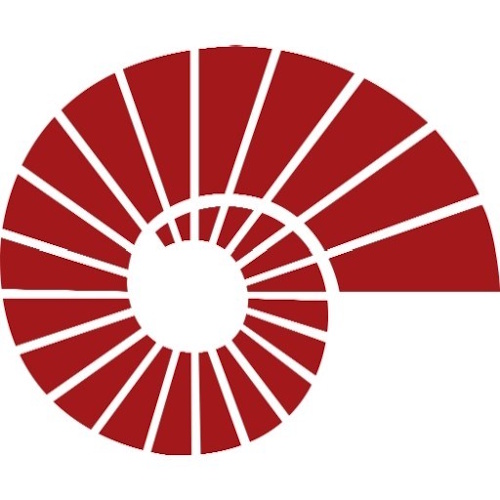Key points from article :
On May 21, 2025, Brno University of Technology (BUT) hosted the International Mini Symposium on Nanorobotics in Biomedicine, spotlighting how nanorobots and microrobots could revolutionize medicine. The event featured global experts including Prof. Metin Sitti of Koç University in Turkey and Prof. Martin Pumera from CEITEC BUT, with the presence of Turkish Ambassador Metin Feyzioğlu and BUT Rector Ladislav Janíček. The symposium concluded with a formal agreement to foster Czech-Turkish collaboration in research and education.
Professor Metin Sitti, an internationally recognized leader in nanorobotics, highlighted the inefficiency of conventional cancer treatments—most drugs fail to reach their target, causing widespread side effects. His research focuses on microrobots and nanorobots that can be precisely guided within the body using magnetic fields, sound waves, or light. These miniaturized devices could deliver drugs directly to tumors, reduce side effects, and enable non-invasive treatments like neural stimulation or clot removal. He also introduced hybrid systems that combine red blood cells, iron oxide, and genetically modified bacteria to navigate the body and deliver therapies with pinpoint accuracy.
Still, challenges remain. Sitti emphasized the need to ensure the safety and compatibility of nanorobots within the complex and adaptive human body. Most work is still in vitro, though progress is accelerating globally.
Professor Martin Pumera, head of CEITEC BUT’s Future Energy and Innovation group, likened nanorobotics to engineering with LEGO—assembling known components to solve medical challenges. His team develops tiny robots for fields like dermatology, dentistry, and gastroenterology, using magnetic and chemical propulsion systems. Collaborating directly with medical practitioners, their work is being tested in realistic settings, including rat models. Pumera praised the world-class facilities at CEITEC, which enable cutting-edge research without barriers.
The symposium concluded with the signing of a memorandum of cooperation between Koç University and BUT, reinforcing the value of international partnerships in driving innovation in healthcare. While clinical use of nanorobots remains in the future, researchers are confident that their widespread application is only a few decades away.







